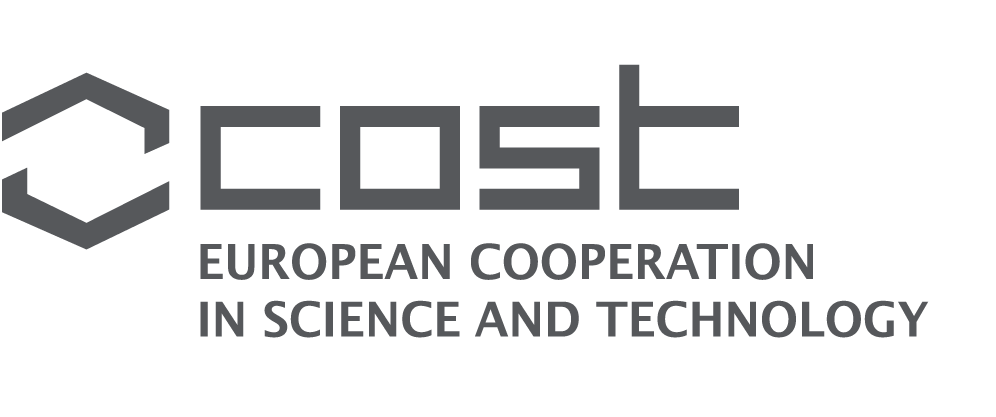P2X receptors (P2XRs) are ATP-gated ion channels involved in intercellular communication with an established role in neurodegeneration, infection, inflammation, cancer growth, and progression. In vitro and in vivo evidence, generated mainly by leading Europe-based laboratories, shows that P2XRs might be an ideal pharmacological target in these diseases and many others. Over the years, highly selective agonists and antagonists have been synthesized, and therapeutic antibodies targeting the P2XRs have been raised. However, the transfer of this wealth of knowledge from research laboratories to the patients’ bed has been slow, and clinical trials so far carried out have been unsatisfactory. This was due to a noticeable lack of coordinated effort by basic research, clinical and industry-based investigators. The PRESTO Action aims at accelerating the transition of P2XRs knowledge to clinical applications. PRESTO will be accomplishing these goals by 1) promoting a coordinated effort by leading basic and clinical science experts and Industry-based investigators aimed at the selection of the most appropriate pathologies amenable to P2XR-targeted therapy; 2) identifying the best-suited P2XR-directed drugs to take through the clinical pipeline; 3) establishing validated experimental protocols and tools; 4) setting criteria for the validation of P2XRs as diagnostic and prognostic biomarkers; 5) promoting dedicated clinical trials; 6) training a new, multicultural, transdisciplinary, generation of young researchers skilled in the P2XR field; 7) disseminating in the scientific community, biomedical students, charities, local and national health authorities and the general public, the awareness of the importance of P2XR-based research.
Action Challenge:
The PRESTO’s Action primary aim will be to accelerate European progress towards a better understanding of the role of P2XRs and eATP in the pathogenesis of inflammatory, infectious, neurologic and oncologic diseases and to foster the development and translation to the clinics of P2XR-targeting therapies




